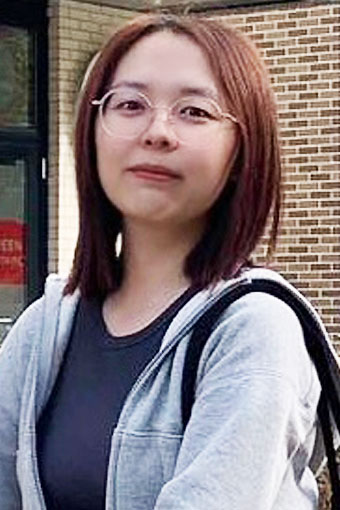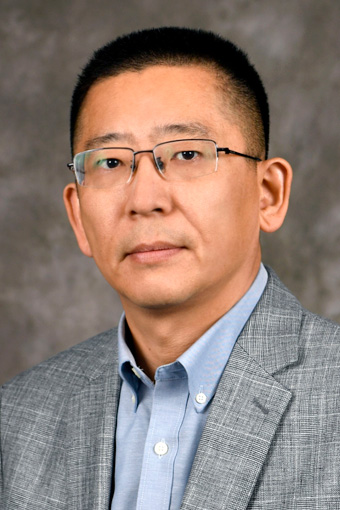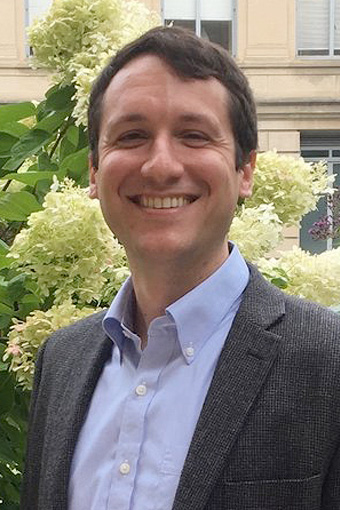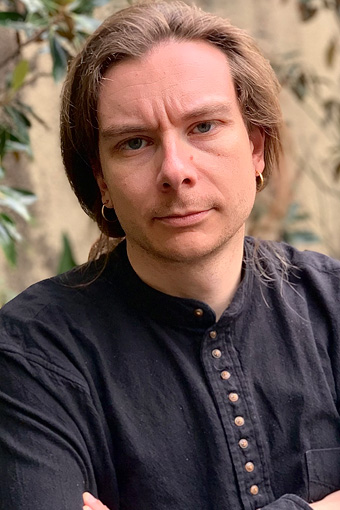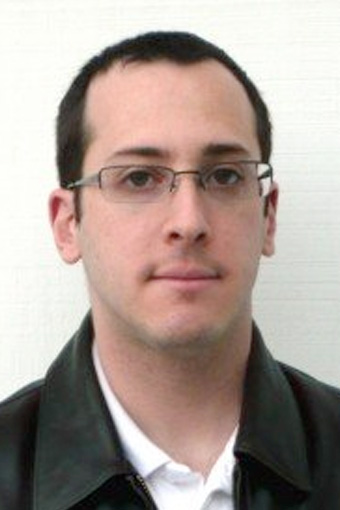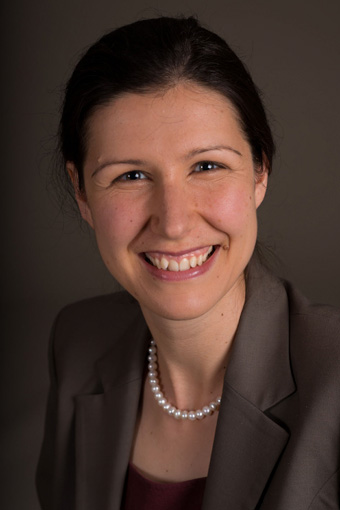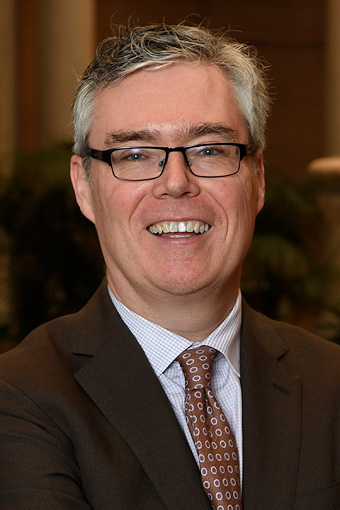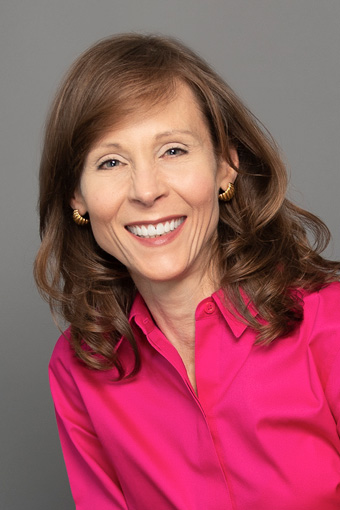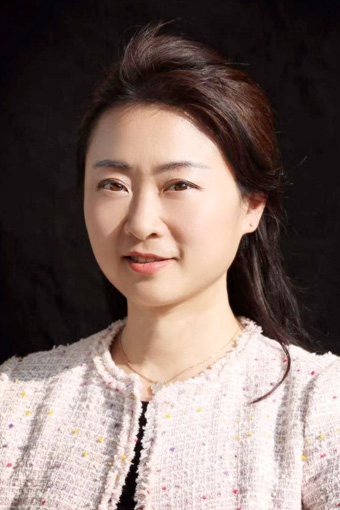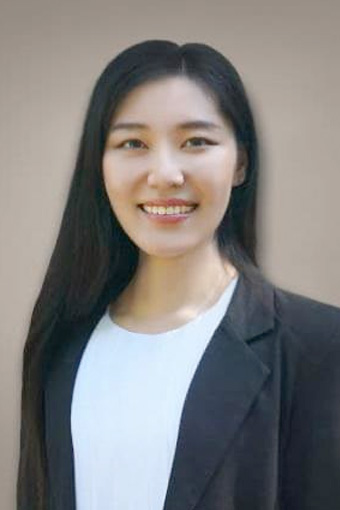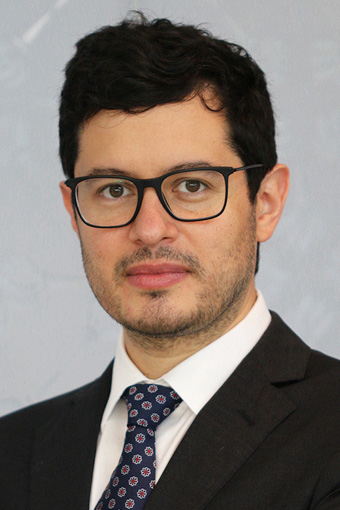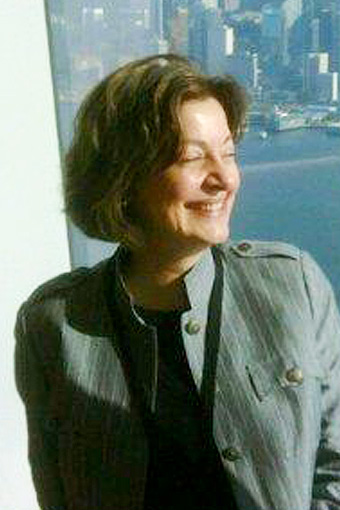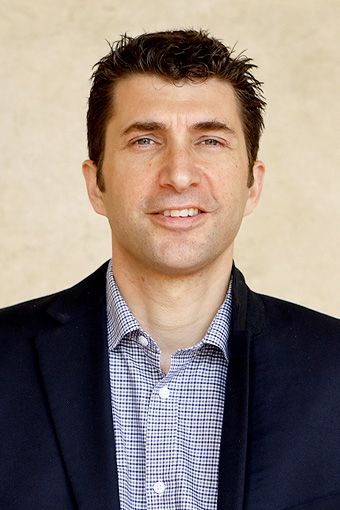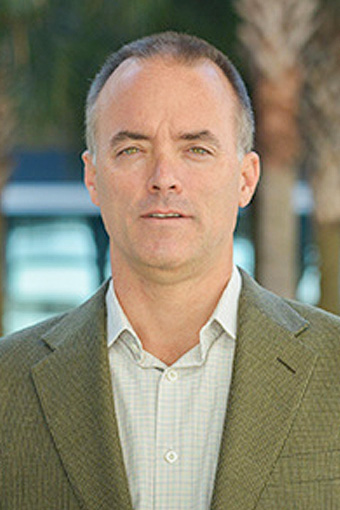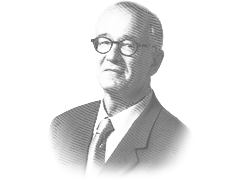PhD 1994, Kravis Professor of Business at the Columbia Business School
Paul Ingram is the Kravis Professor of Business at the Columbia Business School. He has received Columbia’s highest recognition for teaching, the Presidential Award for Excellence in Teaching, as well as the Dean’s Award for Teaching Excellence, and thirteen teaching awards voted by graduating students at Columbia and Cornell Universities. His PhD is from Cornell University, and he was on the faculty of Carnegie Mellon University before coming to Columbia. He has held visiting professorships at Tel Aviv University, Shanghai Jiao Tong University and the University of Toronto.
His research has been published in more than seventy articles, book chapters and books. His publications have received numerous distinctions, including the Gould Prize from the American Journal of Sociology, and best paper awards in the areas of Strategy, Organization and Management Theory, and Collective Behavior and Social Movements. Ingram’s current research examines the intersection between culture and social networks.
He has served as President of the College of Organization Science of the Institute for Operations Research and Management Science (INFORMS). He has also served as an Associate Editor for Academy of Management Discoveries, a consulting editor for the American Journal of Sociology, a senior editor for Organization Science, an Associate Editor forManagement Science and on the editorial boards of Administrative Science Quarterly and Strategic Organization.
Paul’s undergraduate degree is from Brock University where received the Governor General’s Award as the top graduating student. In 2004 he received the Distinguished Graduate Award from Brock’s Faculty of Business. He has consulted on issues of leadership, organizational design and strategy to leading companies in the finance, health care, insurance, energy, arts, legal, education, and consumer products industries.
“Victor, very nice to hear from you. You understate the impact of our collaboration for me; I think if not for encountering you in a 2nd year class, I might not be a PhD today. With certainty I would be a different and lesser one.”
